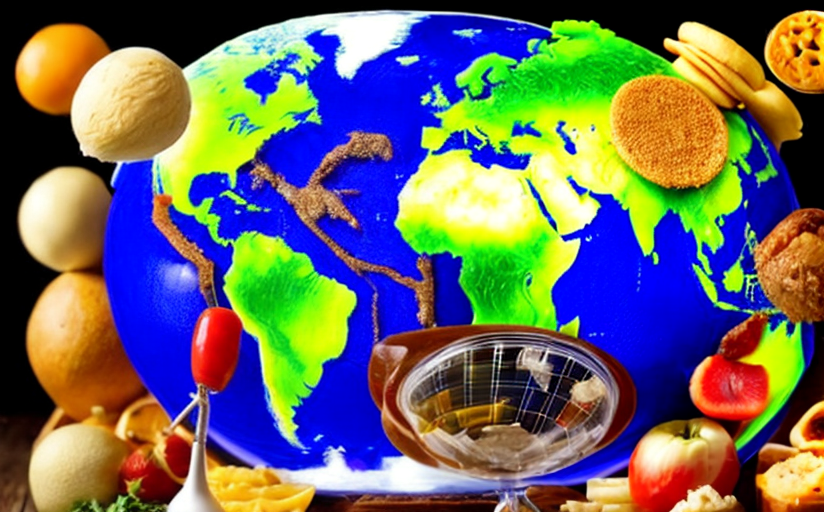Analysis on The Impact of Climate Change on Global Food Culture
The challenging issues of climate change present numerous implications for our global food culture. Alterations in climate patterns and severe weather events present a significant impact on the availability and supply of various foods which are central to numerous cultures.
Sustainability Issues and Transformations in Agricultural Production
Climate change has brought a wide range of sustainability challenges. Increased temperatures, erratic rainfall, increase in pests and diseases, and extreme weather events are causing massive losses in agricultural production worldwide. Droughts and floods, for instance, are resulting in crop failure, affecting the production of staple foods such as maize, rice, and wheat, profoundly impacting not only farmers but entire cultures who base their cuisine and nutrition around these crops.
Shifts in Consumption Patterns
The availability of certain food items is a significant factor that influences the diet of a community. But as climate change wreaks havoc on agricultural productivity, the food cost escalifies, making them less affordable and thus forcing consumers to alter their dietary consumption habits. This radical shift is not just affecting health but also the cultural traditions associated with certain foods.
Influence on Traditional Food Cultures
Food is a crucial part of cultural heritage and traditions, but with climate change disrupting the food supply, these traditions are at risk. Illustrated by the case study of Southern Italy, where climate change severely threatens the production of olives, a central ingredient in Mediterranean cuisine. Similarly, in India, a decreased yield of chickpeas has impacted local culinary traditions.
Potential Solutions: Climate-Smart Agriculture and Dietary Adaptations
The dawning realization of the impacts of climate change has led to the development of climate-smart agriculture. Techniques such as precision farming, crop diversification, conservation tillage, etc., aim to create resilient food systems that can withstand the climate pressure.
On the community side, dietary adaptations represent another form of response. This may involve consuming less water-intensive crops, or turning to locally available resources, which can reduce food miles and subsequently carbon footprint.
Conclusion
Climate change poses a serious threat to our globally interconnected food system, thereby potentially eroding cultural food traditions. While we cannot reverse the damage already done, initiatives like climate-smart agriculture and conscious dietary adaptations provide a glimmer of hope for the future. It is crucial for stakeholders across sectors to collaborate and prioritize building climate-resilient food systems that support global food culture amidst a changing climate.


















Comments
Leave a Comment